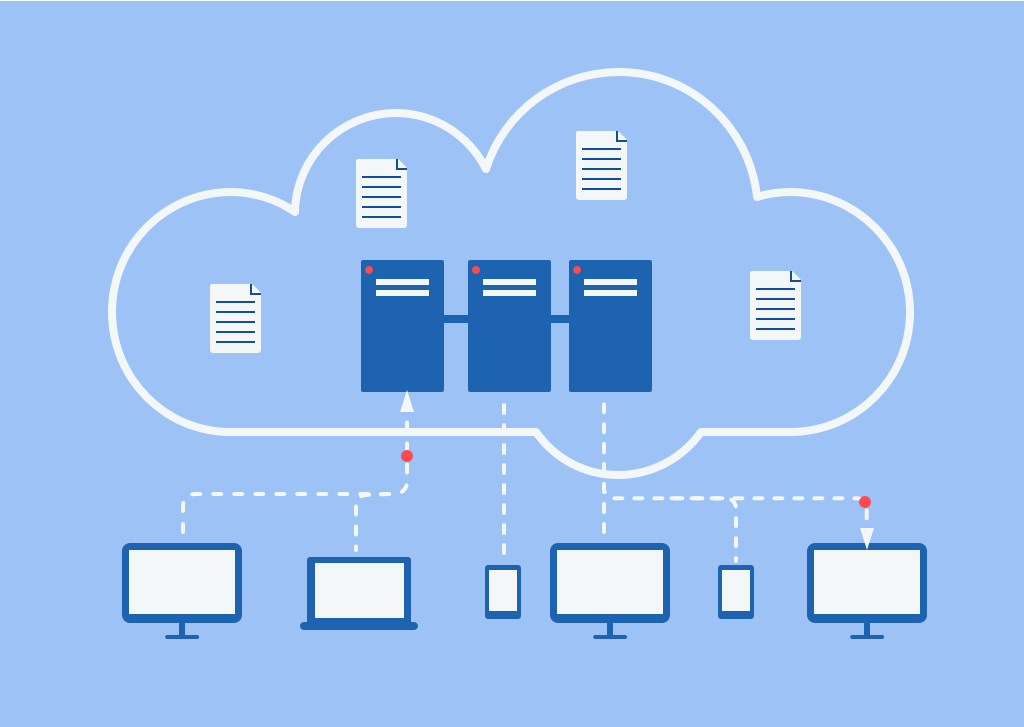Day: August 18, 2014
-

Should Law Firms Build Apps?
By Joseph Raczynski On the first day of ILTA’s 2014 convention I attended a rather fascinating session. The title was “To App or Not To App?” and focused around if it makes sense for a law firm to produce their own Apps. The following questions were posed: Do law firm apps really do the useful…
-

Unlocking the Power of the Cloud
By Joseph Raczynski Pressures are increasing for legal IT professionals to increase productivity and reduce costs. Couple that with the demand for anytime and anywhere access to law firm data and the result is a multi-front push for cloud based solutions. At the forefront of this struggle are core functions of a firm like content…
